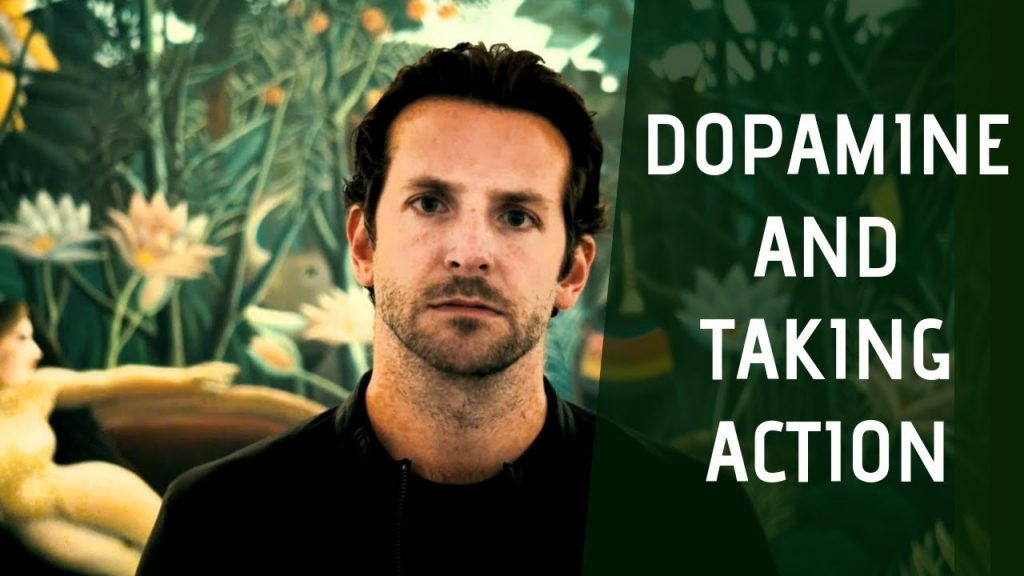The Future of Medicine

Technology such as wearables and telemedicine has the potential to significantly improve the delivery of healthcare.
The world of medicine has been constantly evolving over the years, with new technologies and practices emerging regularly. As we move forward into the future, the field of medicine is set to transform even further, changing the way we approach healthcare and improving the lives of millions around the globe.
One of the most significant developments in the future of medicine is the rise of personalized medicine.
With advances in genetic testing and analysis, doctors will be able to tailor treatments and therapies to an individual’s unique genetic makeup. This will lead to a more accurate diagnosis of diseases and more effective treatments, as well as an increased focus on preventative medicine and early intervention.
Artificial intelligence (AI) and machine learning are also set to revolutionize the field of medicine. AI has already been used in the development of sophisticated diagnostic tools, and is set to be used more widely in the future. Machine learning algorithms can analyze large sets of medical data to identify patterns and predict outcomes, allowing doctors and researchers to make better decisions and develop more effective treatments.
The use of technology is also expected to transform the way healthcare is delivered. Telemedicine and telehealth will enable patients to receive medical care remotely, reducing the need for travel and hospital stays. Wearable technologies such as smartwatches and fitness trackers can monitor a patient’s vital signs and detect early warning signs of illness, allowing for early intervention.
Another promising development in the field of medicine is regenerative medicine. This approach involves using a patient’s own cells to repair damaged tissue and organs. Stem cell research is a key component of this field and has the potential to revolutionize the treatment of diseases such as Parkinson’s, Alzheimer’s, and diabetes.
In addition to these technological advances, the future of medicine is also likely to be influenced by changing demographics and socio-economic factors. An aging population, increasing prevalence of chronic diseases, and rising healthcare costs are all challenges that must be addressed in the coming years. However, these challenges also represent opportunities for innovation and new approaches to healthcare.
To summarize, the future of medicine is set to be exciting, with advances in technology and medicine transforming the way healthcare is delivered. Personalized medicine, AI, regenerative medicine, and telehealth are just some of the key developments that will shape the future of healthcare. As we move forward, it is important to continue to invest in research and development, collaborate across disciplines, and prioritize the needs of patients to ensure that we are able to deliver the best possible care to all.










4 Healthy Breakfast Ideas For Weight Loss With Eggs | Weight Loss Recipes
An Athlete Squatted 500 Reps In 20 Minutes – This Is What Happened To His Kidneys
Father Of Two With No Arms Or Legs
We Try Quitting Added Sugar For A Month
Sen. Kamala Harris unveils health care plan ahead of debates